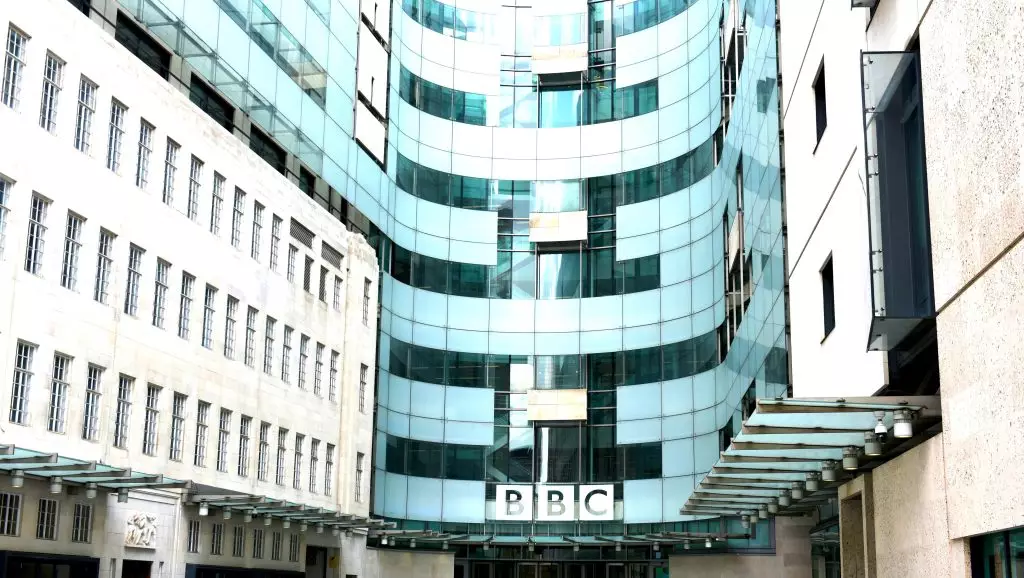As a stalwart of journalistic integrity, the BBC has long held itself to a standard of ethics unchallenged by many. However, recent revelations concerning the fallout from sexual harassment and bullying complaints raise troubling questions about the corporation’s commitment to its own principles. An in-depth analysis of figures obtained through a Freedom of Information Act (FOIA) request underscores a disheartening reality: in the past three years leading to March 2024, the BBC has upheld five formal sexual harassment complaints, yet only one employee faced termination as a result of these serious allegations. Such statistics paint a grim picture of accountability within an organization that professes a zero-tolerance stance toward harassment.
Statistics Tell a Story
The stark figures reveal that out of a total of 39 bullying and harassment grievances—including sexual misconduct—only 13 individuals faced disciplinary actions. This translates to a staggering two-thirds of cases where complaints resulted in no significant repercussions for the accused. When an institution like the BBC upholds so few cases of misconduct leading to actual accountability, it not only breeds skepticism about its claims of a robust internal policy but also erodes trust among its employees.
Confidence within the organization appears to be eroding quickly. Recent employee surveys indicate a alarming decline: only 58% of staff believe issues related to bullying and harassment will be addressed correctly. This figure represents a troubling slump from the previous year and illustrates how a culture of silence and inaction can permeate even the most venerable institutions.
Management and Their Contradictions
In light of the findings, the stance taken by BBC leadership comes off as disconcertingly disjointed. Director General Tim Davie and Chair Samir Shah make lofty statements regarding the removal of employees who overstep professional boundaries, yet the harsh realities of enforcement paint a different picture. Despite assertions that “no one is indispensable”, the evidence suggests a preference for nuanced disciplinary decisions that often leave aggrieved parties without the resolution they deserve.
In defending these figures, the BBC maintains that all complaints are treated with the seriousness they warrant, employing a variety of punitive measures including training, coaching, or, in severe cases, dismissal. However, these measures beg the question: what constitutes a serious enough infraction to merit termination? The perceived leniency toward offenders can only serve to reinforce a troubling cycle whereby victims may hesitate to come forward, fearing their allegations will fall on deaf ears.
Calls for Cultural Reform
The issue becomes even more pronounced when considering the context surrounding high-profile misconduct cases involving figures like Russell Brand and Huw Edwards. The dismal handling of such scandals amplifies the demand for sweeping reforms within the organization. The upcoming workplace culture review is a pivotal moment for the BBC to address these concerns comprehensively. However, the outcome and its actual implementation remain to be seen. Will this review merely surface the issues without offering actionable solutions, or could it serve as a catalyst for meaningful change?
Add to this the startling fact that it takes an average of 83 days to resolve grievance processes—a sharp contrast to the 30-day target established in the 2013 review—and it becomes increasingly clear the system is broken. Aggrieved employees waiting almost three months for validation or resolution fosters an environment rife with second-guessing and compounded distress.
Beyond the Scandals: An Institutional Reckoning
As pressure mounts for the BBC to align its practices with its stated values, it faces the daunting task of restoring faith among employees and the public alike. Transparency in handling complaints, coupled with tangible disciplinary outcomes, is essential for rebuilding institutional credibility. It remains uncertain whether the upcoming workplace culture review will meaningfully address these systemic flaws or if it will fall victim to the very inertia the organization seeks to overcome. The BBC stands at a crossroads, and how it navigates this juncture will be profoundly telling, not just for its employees, but for the integrity of journalism itself in an era where accountability is paramount.
